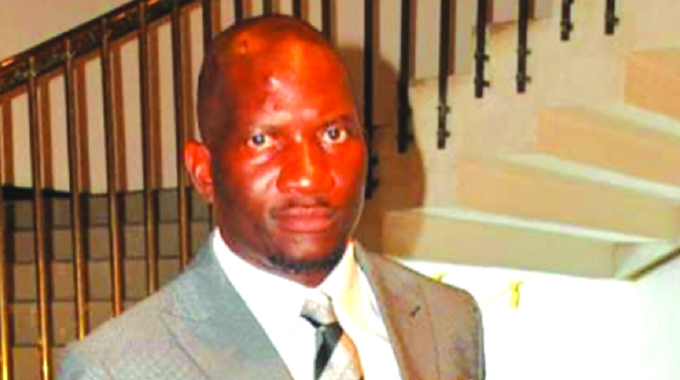UN challenged to reform peacekeeping operations

ACCRA. – The 2023 United Nations (UN) Peacekeeping Ministerial Meeting opened here on Wednesday with calls for UN to reform its peacekeeping operations.
The meeting gathered more than 600 delegates, including defence and foreign affairs ministers, and high-profile government and military officials in Accra, the capital of Ghana.
“This year’s meeting takes place at a critical time. Peacekeeping, the most innovative and powerful instrument of the UN that has brought peace and stability to many parts of the world, including the African continent, is confronted with new challenges,” said Ghanaian Vice President Mahamudu Bawumia in his opening address.
He reminded the delegates of the importance of a firm approach to conflict prevention, including actions that support resolving the root causes of conflict affecting the stability of any human society.
The vice president underscored the need to explore and navigate the gaps in peacekeeping, evaluate options for meaningful change, and work toward concrete outcomes to enhance the effectiveness of peacekeeping operations.
Nearly 75 years after the first UN peacekeeping mission was established, more than two million peacekeepers from 158 countries have served in 71 operations.
But in the past decade, UN peacekeeping missions have faced many challenges, including reputational damage and mistrust, particularly in Africa.
In Mali and the Democratic Republic of Congo, for example, UN peacekeeping missions haven’t achieved their goals and have often been accused of escalating tensions.
Both countries have called for an end to the peacekeeping missions in their respective nations and the blue helmets are already withdrawing from Mali following a request by the ruling junta.
Such reactions have cast doubt on the continuous relevance of peacekeeping missions worldwide, but delegates attending the fifth UN peacekeeping ministerial gathering in Accra have re-echoed their support.
UN peacekeeping missions are ongoing in the Democratic Republic of Congo, South Sudan, Western Sahara, and the Central African Republic.
The UN Under-Secretary-General for peace operations, Jean-Pierre Lacroix, said that the commitment of all nations was essential amid the many doubts.
“We have a more divided world, we have conflicts that are multiplying, we have more threats and deteriorating security environment in most of our peacekeeping operations,” Lacroix said.
The UN top official said the Accra meeting gives hope of securing the support of political leaders towards peacekeeping operations.
“[Peacekeepers] have helped many countries successfully navigate the difficult path from war to peace, from Liberia and Namibia to Cambodia, Sierra Leone, Timor Leste and many other countries,” Lacroix noted, stressing that UN operations have an exceptionally strong record of preventing and reducing violence as well as preventing wars from recurring. – Xinhua-DW.com








Comments